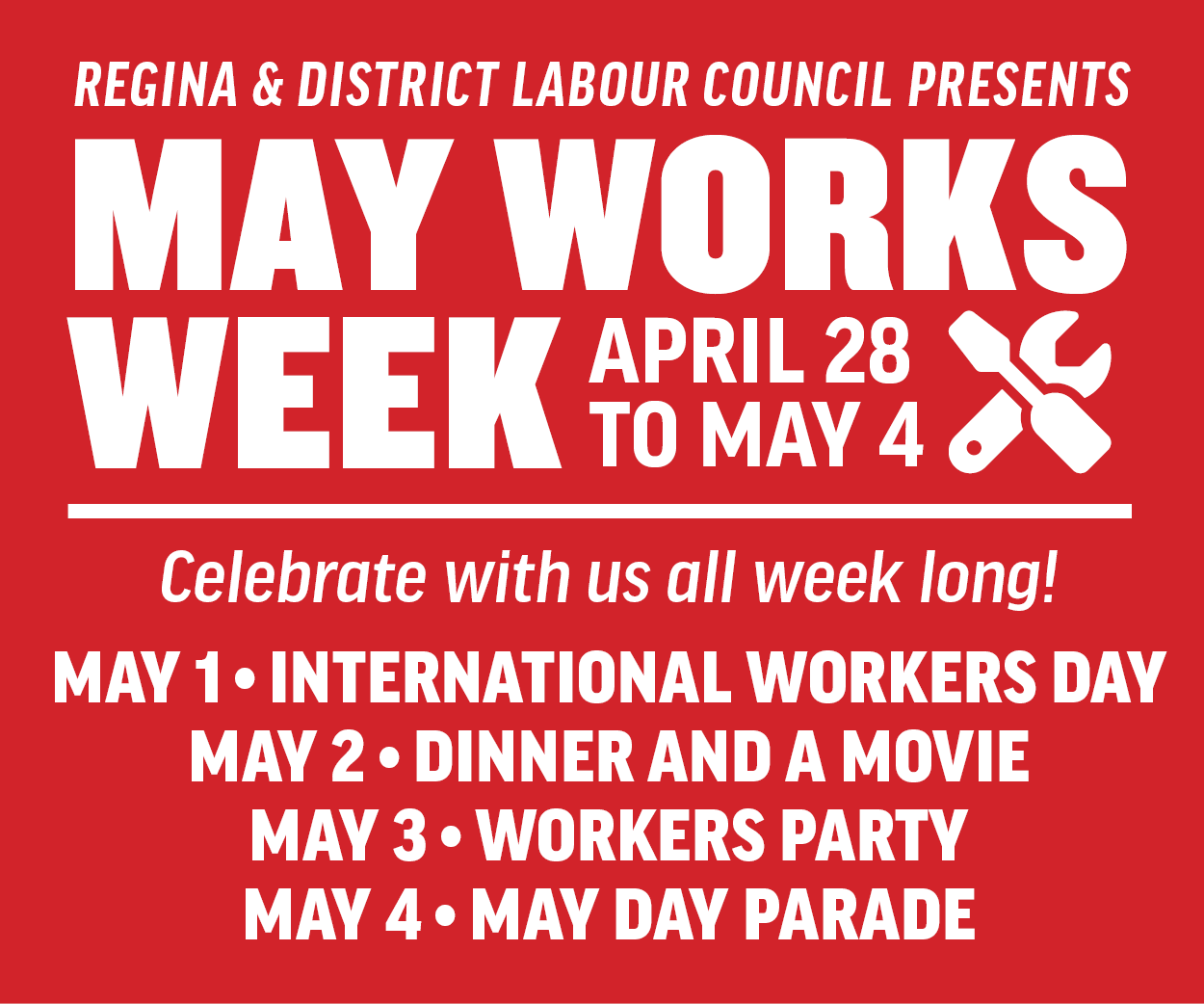From the Leader-Post [emphasis added]:
A report by the University of Regina’s Business Centre for Management Development (BCMD) Inc., released in May, recommends that the waiver clause be scrapped and the vacancy number be lowered to one per cent. The three per cent bar is too high given the residential vacancy rate has only met that target twice in the last 10 years, said Bruce Rice, a senior policy and research analyst with the city. He added the average residential vacancy rate since 2001 is 1.9 per cent.
F.Y.I., the waiver clause they’re talking about is the requirement that 75 percent of the apartment building’s residents must agree to a conversion.
What I need explained is why, at this point in time, three per cent is too high. If the city starts approving more condo conversions, won’t the vacancy rate drop further, simply because there are fewer rental units out there? The report seems to me to be addressing the issue in the wrong way. Stimulating investment by allowing more conversions is good on the one hand — money for people and the city and the province and yay and stuff — but would hurt the renters of those properties and probably drive up rents in the market through demand. This isn’t an occasion where we can hope that the market corrects itself and that new rental properties start opening up; in the meantime, a lot of people might get screwed.
Clearly, I’m not Super EconMan — the only calculator I own is on my phone and it sees a lot less use than BrickBreaker — but when I look around me, I don’t see rising rents getting people excited about becoming landlords or developing new properties, and I don’t see Regina becoming a more attractive place for renters. If we’re already screwed when it comes to vacancy rates, making this the new norm by adjusting the waiver clause seems like it could only hurt us.




